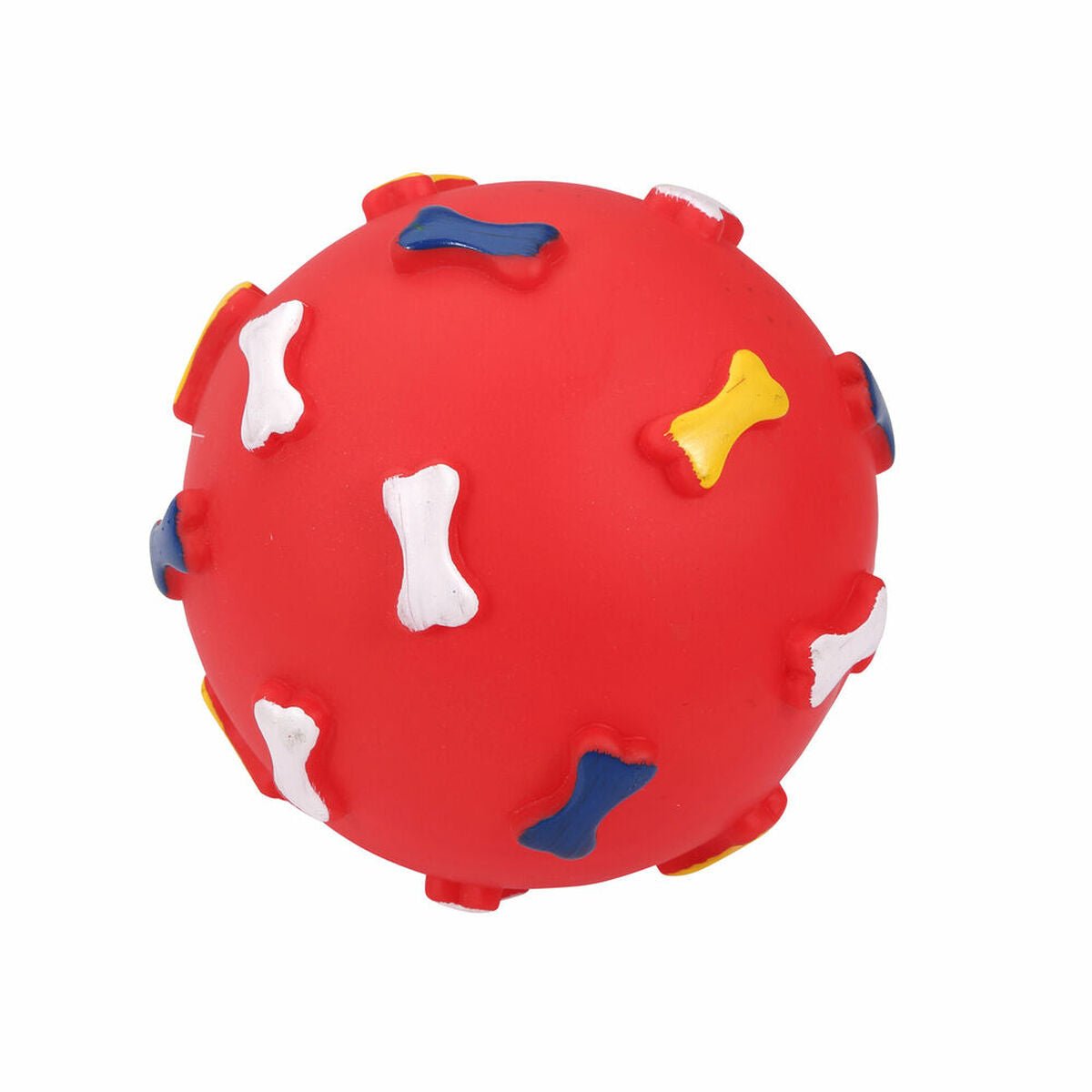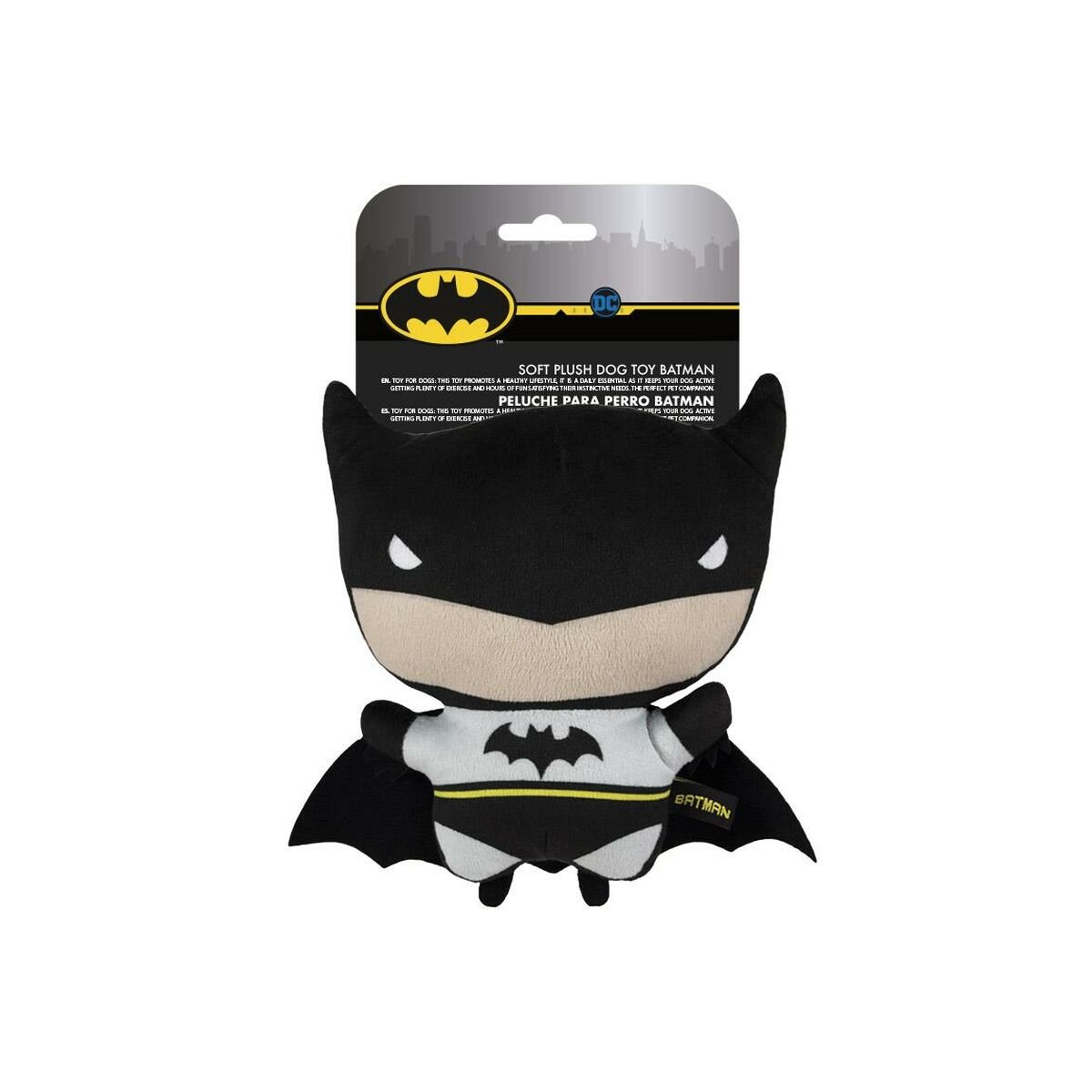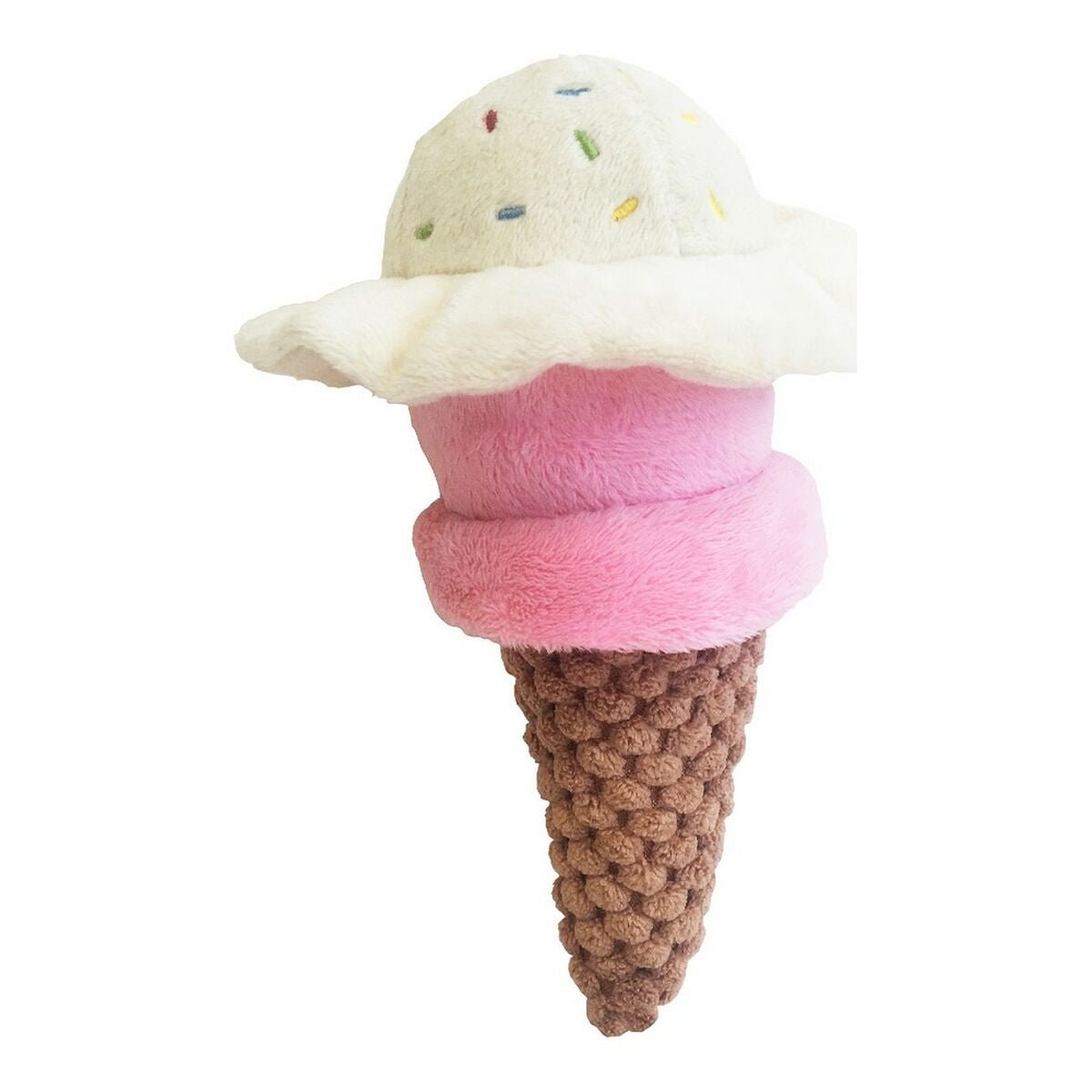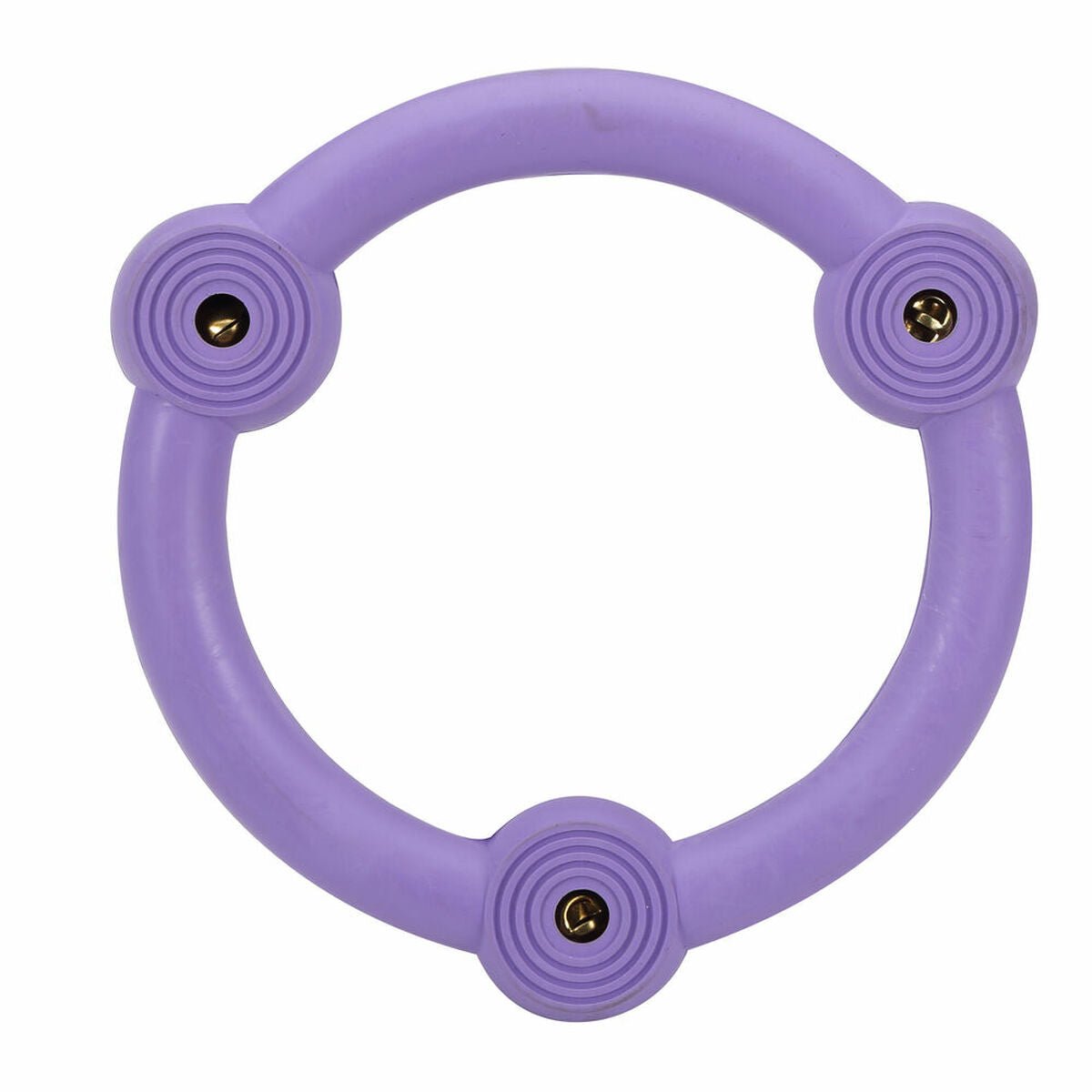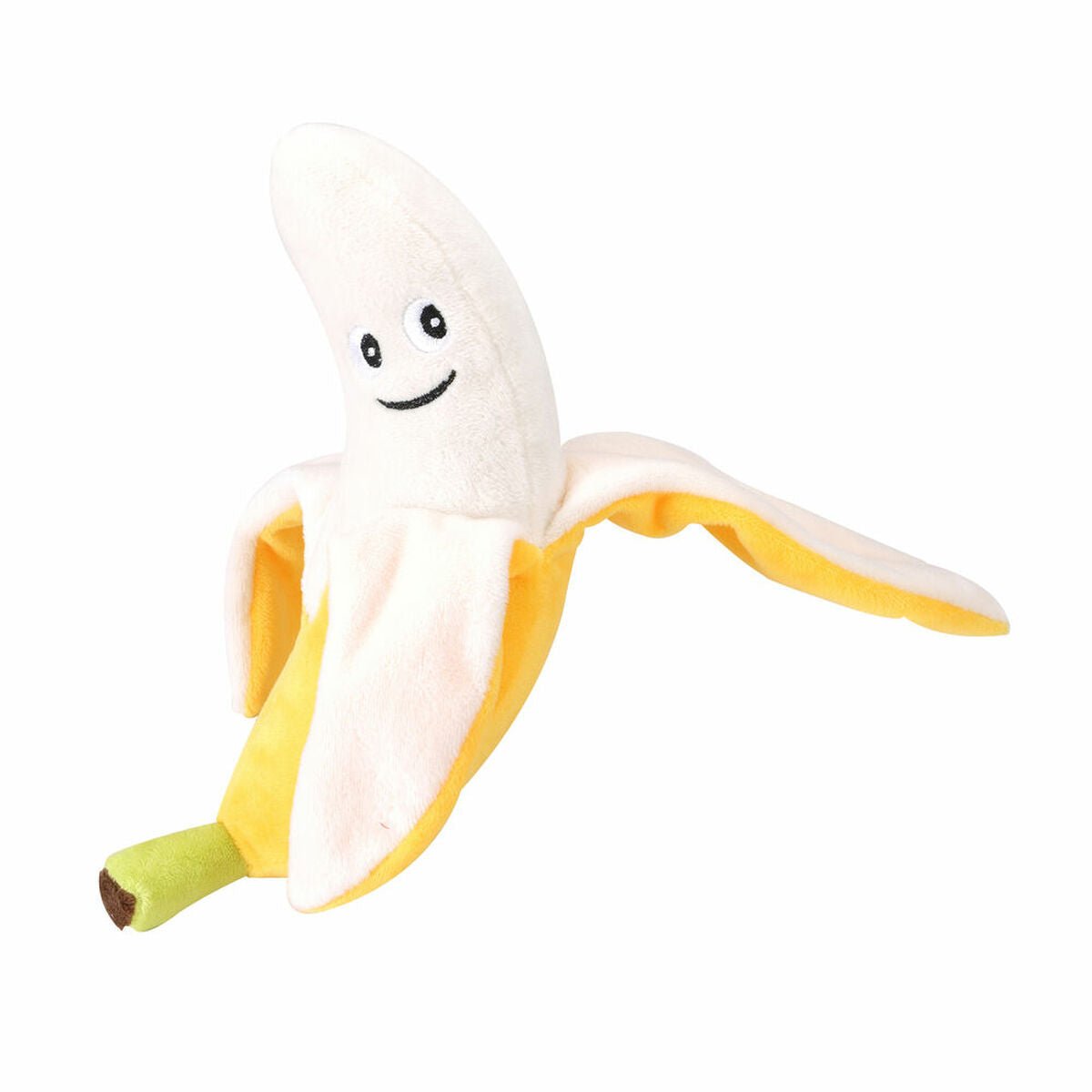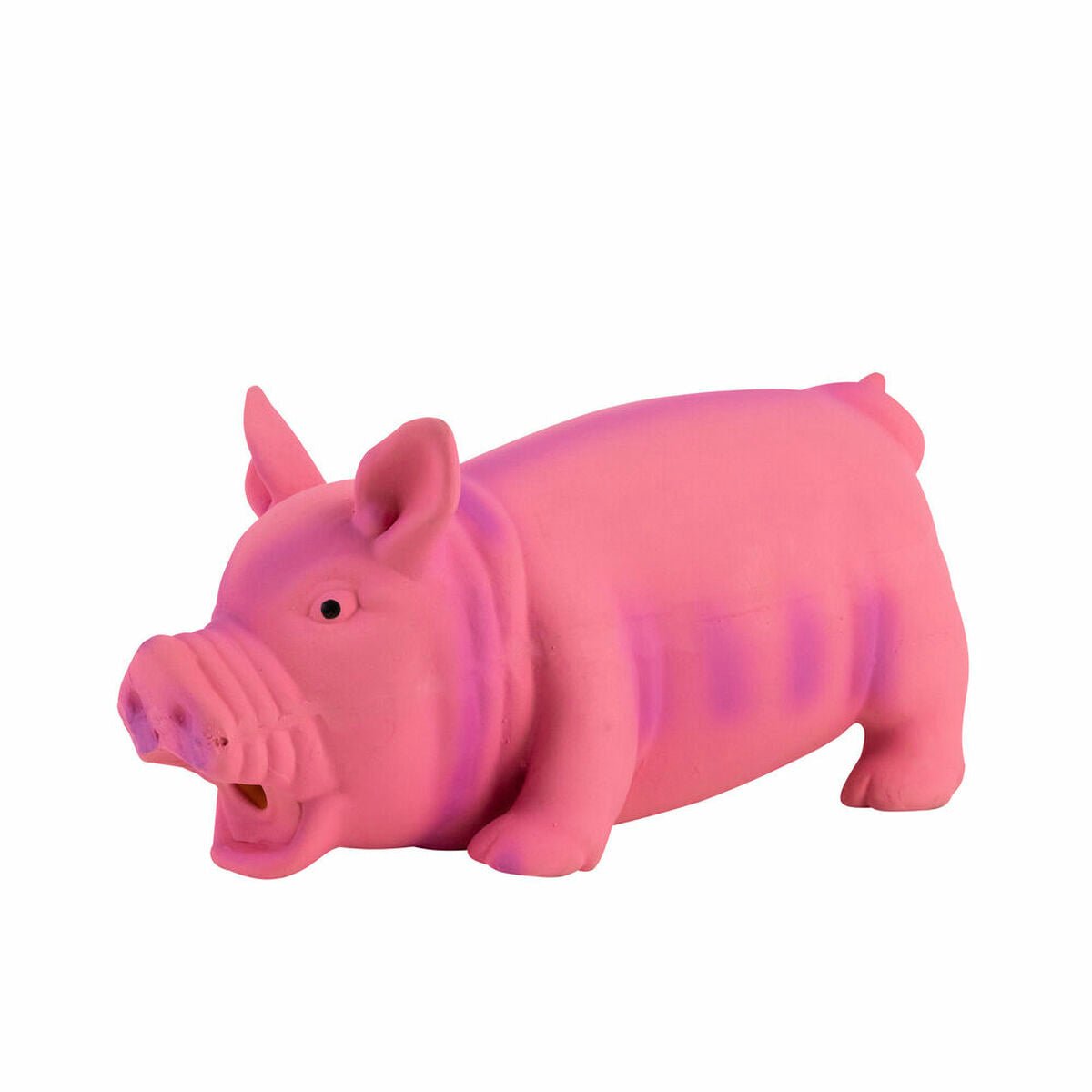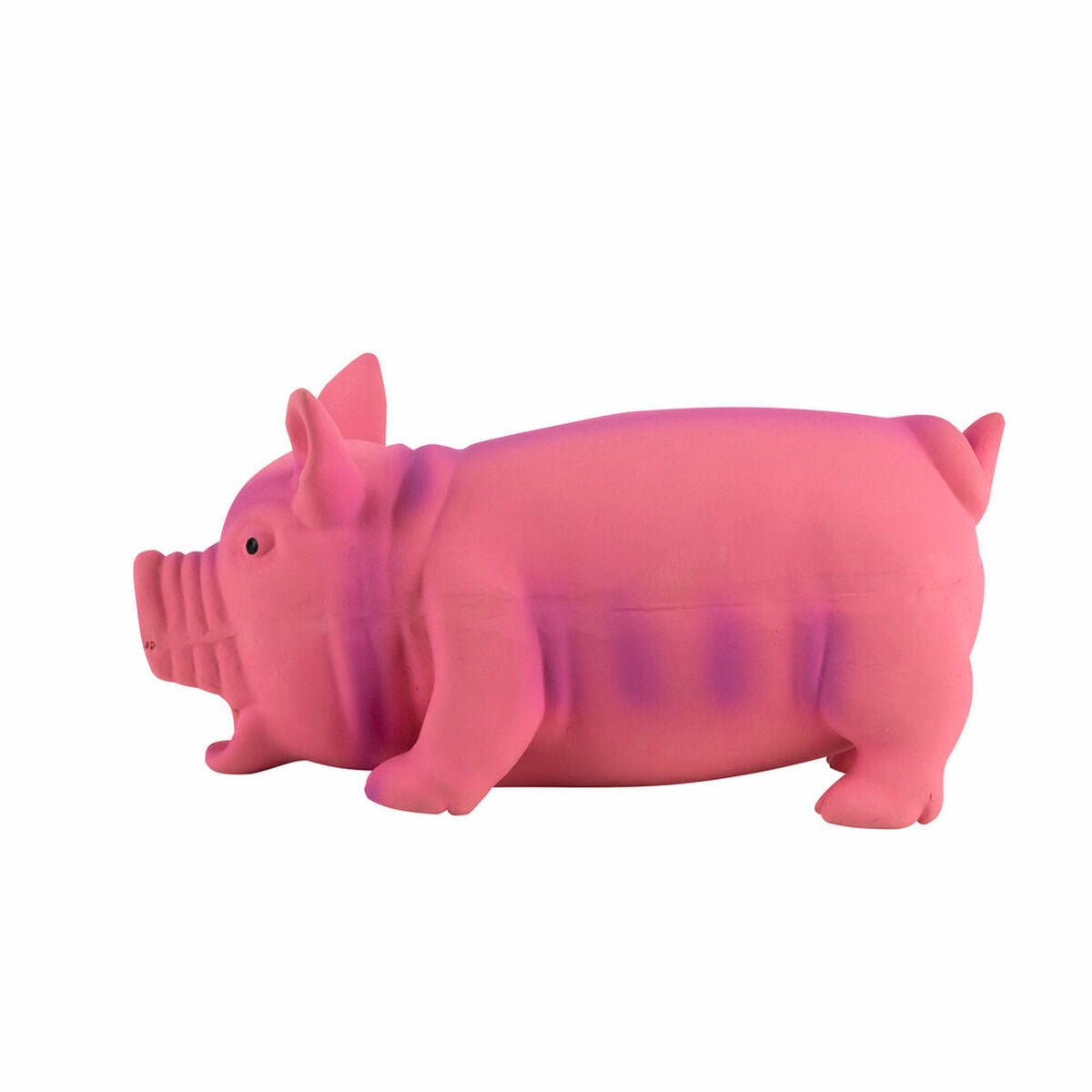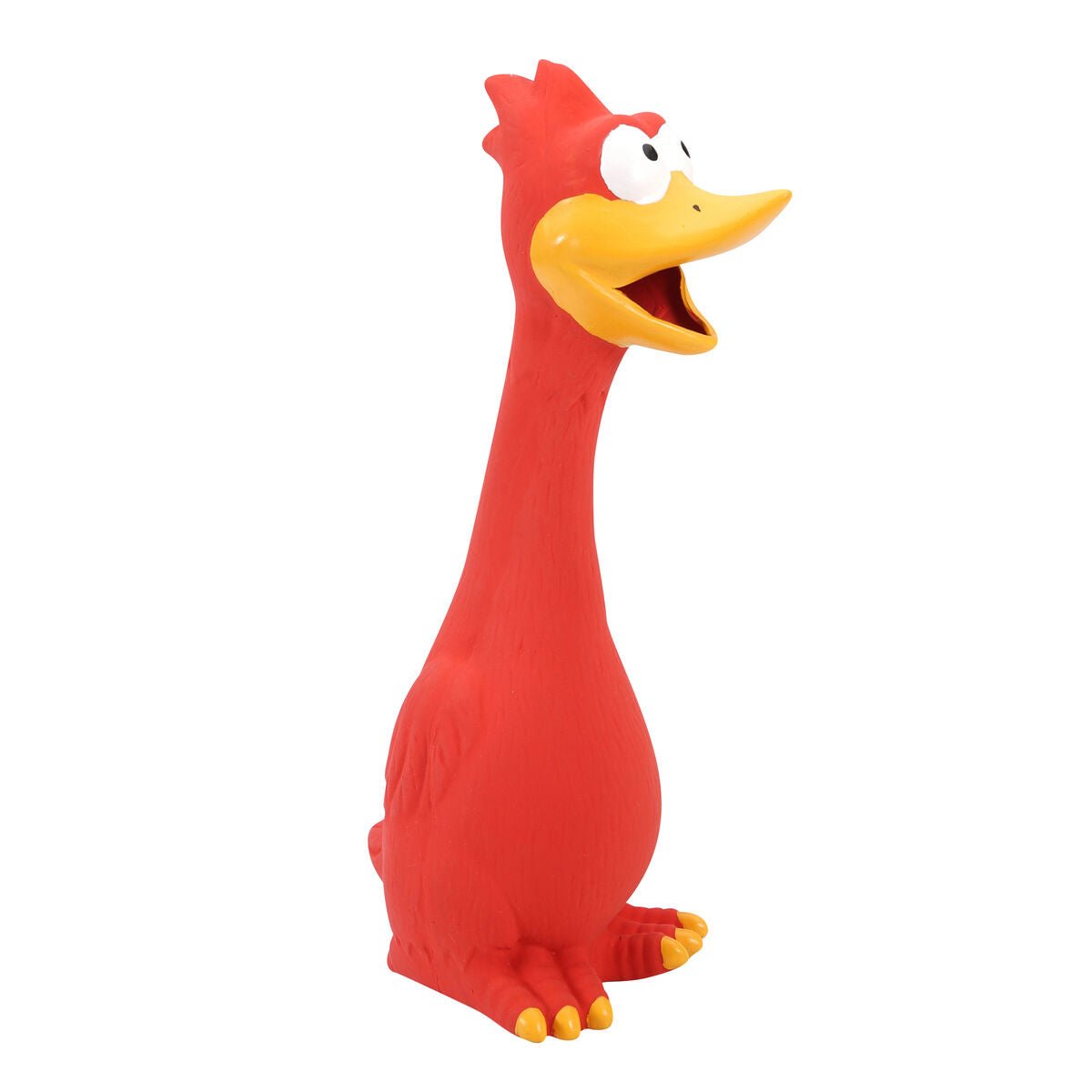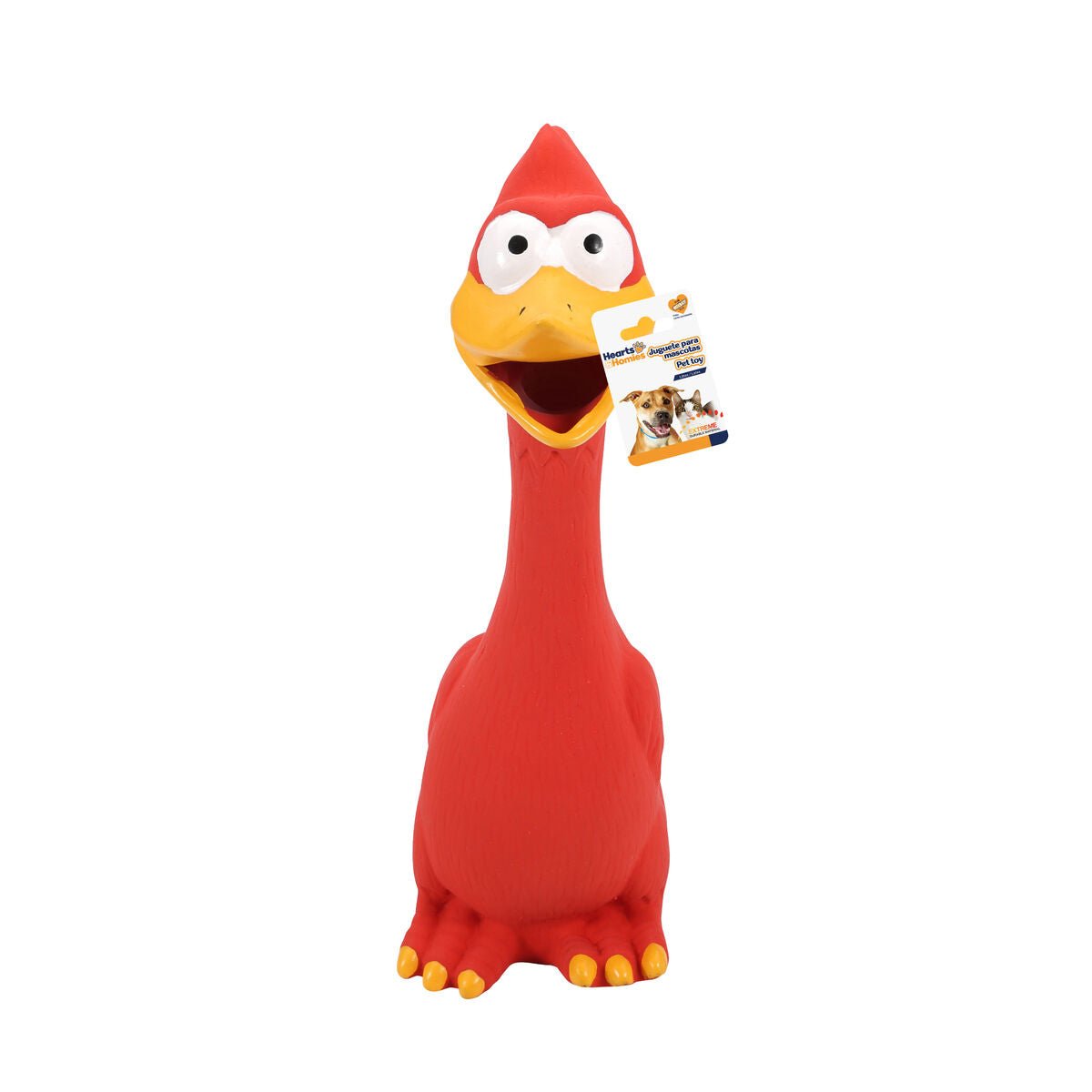Ticks can be a nuisance for dog owners, especially during warmer months. These little critters can transmit dangerous diseases to our four-legged friends, including Lyme disease and anaplasmosis. But there are ways to protect your dog from ticks and reduce the risk of infection.
Here are some simple tips to protect your dog from ticks.
Use tick repellants
The easiest way to protect your dog from ticks is to use a tick repellant. There are many different types of tick repellants on the market, including collars, spot-on treatments and oral medication. Be sure to follow the directions on the package and choose a tick repellent that is appropriate for your dog's age and weight. If you have a dog that sleeps in your bed, we recommend tablets instead of collars.
Check your dog for ticks
Another way to protect your dog from ticks is to regularly check for them. Take the time to thoroughly brush through your dog's coat and look for ticks. If you find a tick, use a tick remover to remove it as soon as possible. The faster you remove the tick, the lower the risk of infection.
Tips for a good brush:
Examination brush, self-cleaning from Hunter 
See all our female brushes and dog combs
Avoid tall grass and bushes
Ticks thrive in tall grass and bushes, so avoid areas where they are common when walking your dog. If that's not possible, make sure you take extra care and check your dog for ticks when you return.
Wash your dog's bedding and toys
Ticks can also hide in your dog's bedding and toys, so be sure to wash these regularly. Wash bedding and toys in hot water to kill ticks and other parasites.
Take care of your garden
Ticks also thrive in gardens with tall grass and shrubs. Keep your yard well-trimmed and cut the grass regularly to reduce the risk of ticks.
By following these simple tips, you can help protect your dog from ticks and reduce the risk of infection. Remember, if you think your dog has contracted a tick-borne disease, contact your vet as soon as possible. The earlier the disease is detected, the better the chance that your dog will recover.


